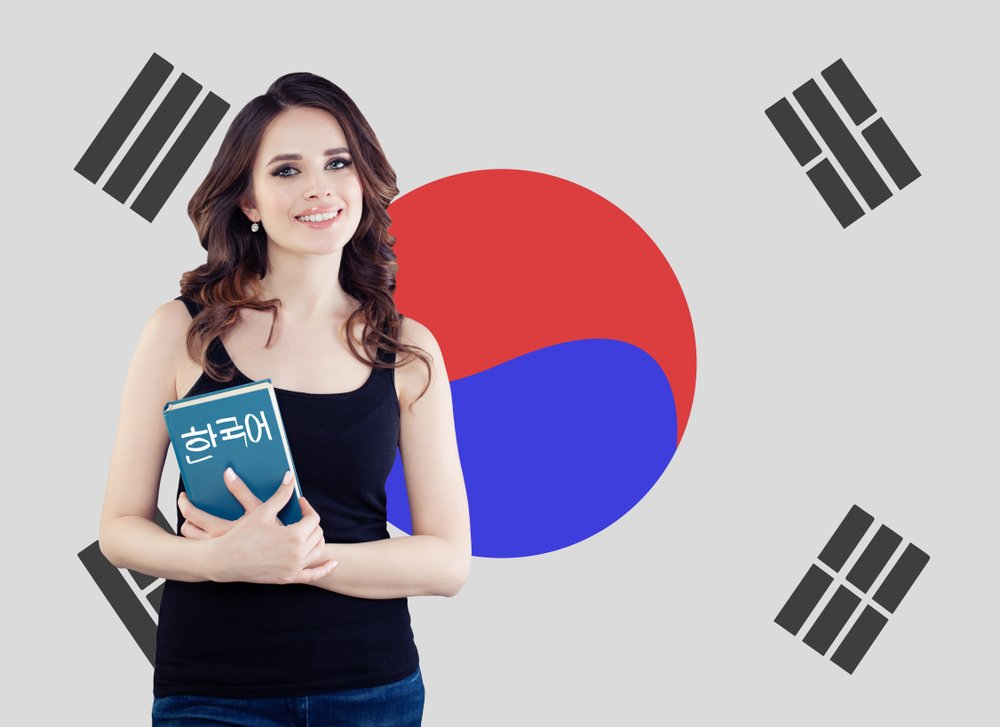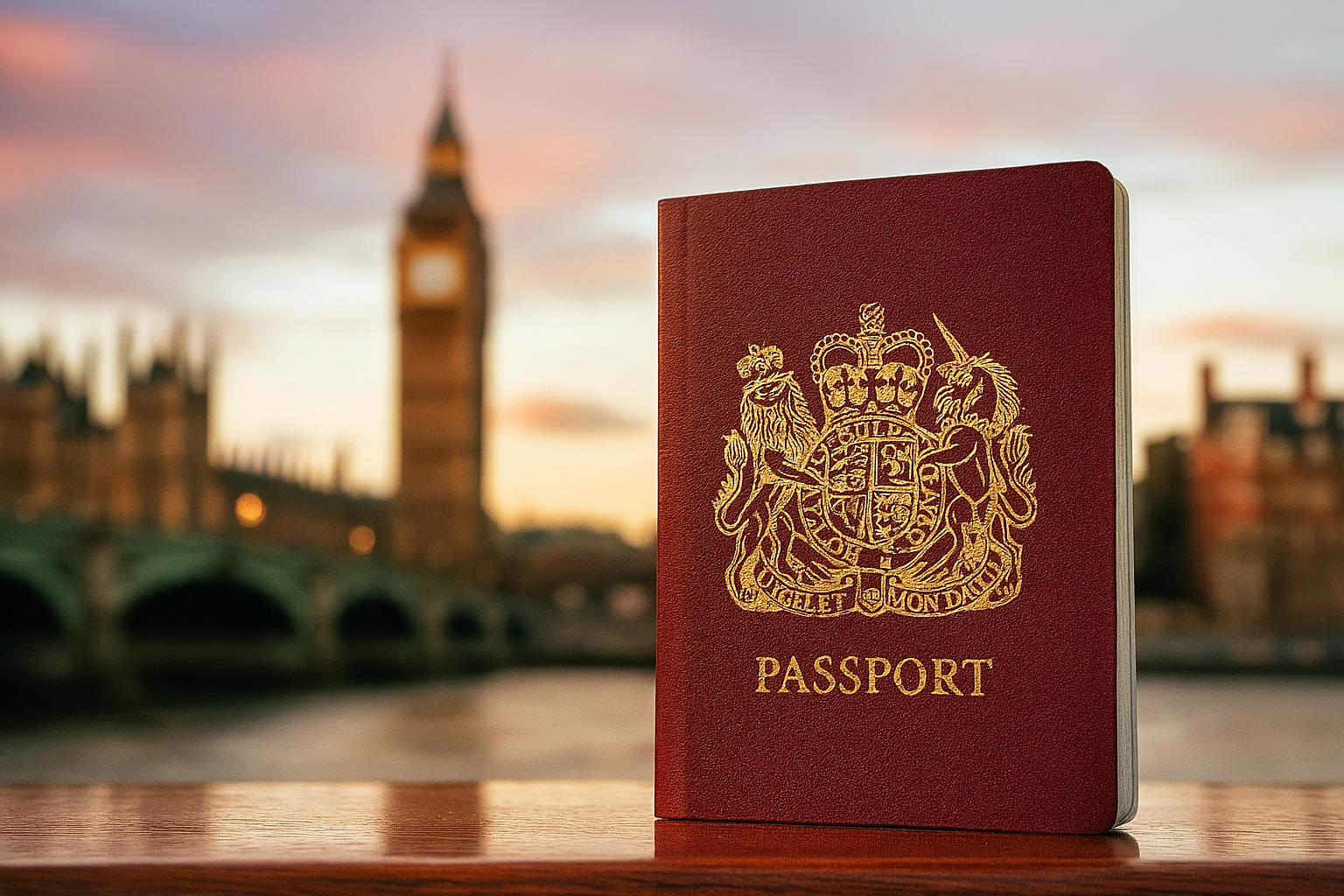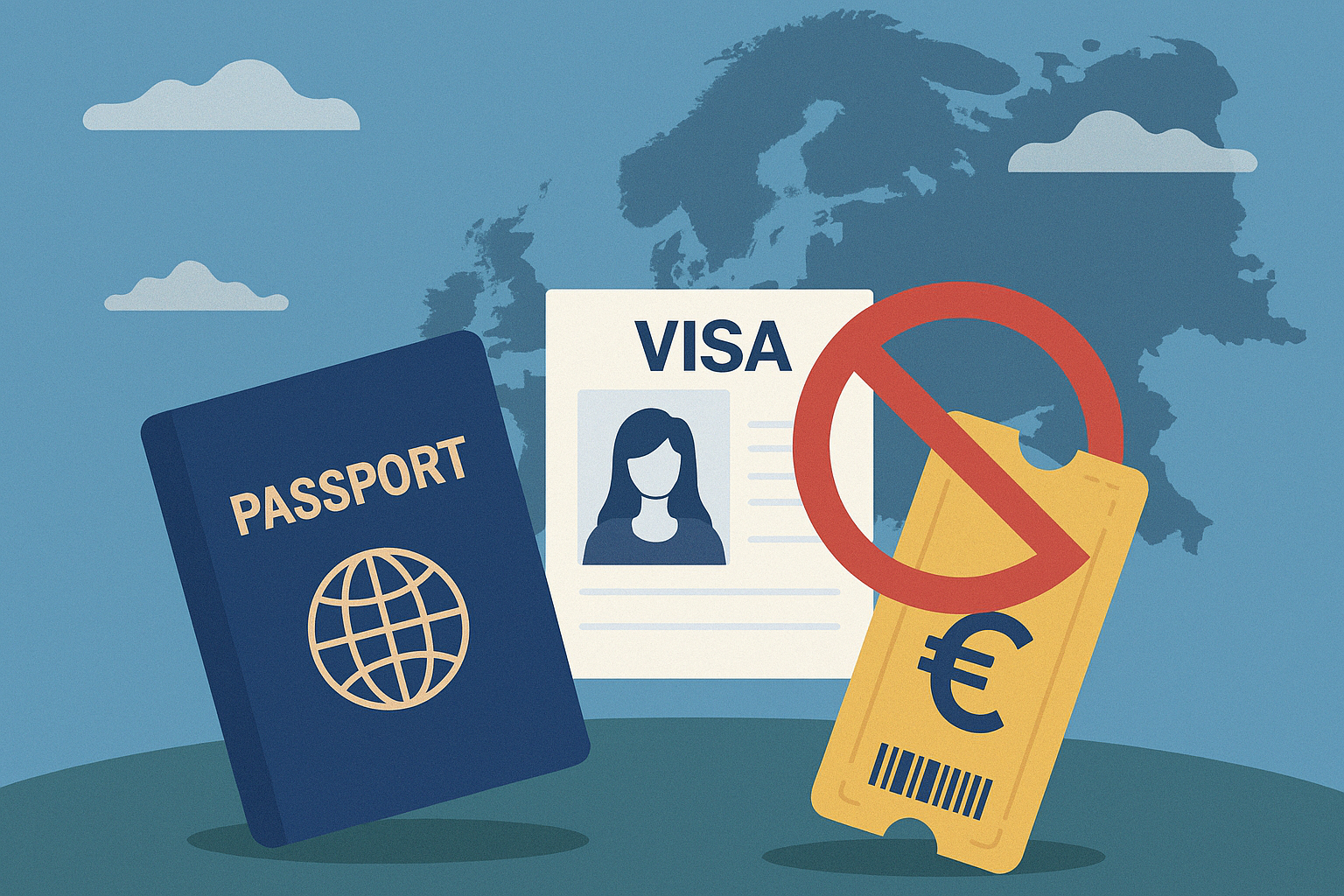Study in South Korea
Korea enhances post-study opportunities and unveils new mobility visas
The government of South Korea has launched new immigration initiatives, including longer post-study work periods for international students, expanded opportunities for permanent residency, a new youth mobility visa, and a new visa stream for graduates from the world’s top-ranking universities.
Korea’s Ministry of Justice last week announced the policies, which it said were aimed at attracting top talent, reflecting the needs of local governments and industries, and strengthening the integration of immigrants into society.
The Ministry of Justice hopes to attract at least 100,000 skilled workers within the next five years through the scheme.
The government plans to introduce new ‘top-tier’ visas for international students who have studied at globally renowned universities in high-tech fields such as AI, quantum technology and aerospace from the first quarter of next year.
The Ministry of Justice said it would collaborate with the Ministry of Trade, Industry and Energy and the Ministry of SMEs and Startups to establish the details and benefits of the new visa stream.
International students will also get a longer period to look for jobs after graduation, a wider scope of occupations to choose from and more opportunities for permanent residency.
Under current rules, international graduates from five elite science and engineering universities have the opportunity to apply for permanent residency, but the government plans to expand and expedite residency visas for “outstanding foreign science and technology talents” from more universities.
The maximum period for job search (D-10) visas after graduation will be expanded to a maximum of three years, up from the current limit of two years, and the maximum post-study internship periods at a single company will increase from six months to one year.
Additionally, spouses of international students in postgraduate programmes will have work opportunities expanded to non-professional occupations under the new rules.
The country also plans to introduce a new Youth Dream in Korea visa, which is aimed at young people from countries that participated in the Korean War under the UN (including the USA, Australia, Canada, South Africa and Colombia) as well as major economic partner nations in high-tech industries. The visa will allow participants to study Korean language programmes, take internships and work in the country.
The government aims to roll out the scheme by the second quarter of next year. It cited the success of Korea’s youth mobility agreement with the UK, which expanded last year, as an example.
Minister of Justice Park Sung Jae said, “We will attract immigrants necessary for our society and create a structure in which they become self-independent members of the community and contribute to Korean society.”
Last year, the Korean government announced plans to host 300,000 international students by 2027. Measures already introduced include enhanced part-time work rights and reduced financial requirements.




